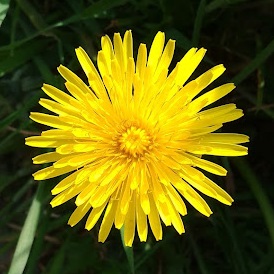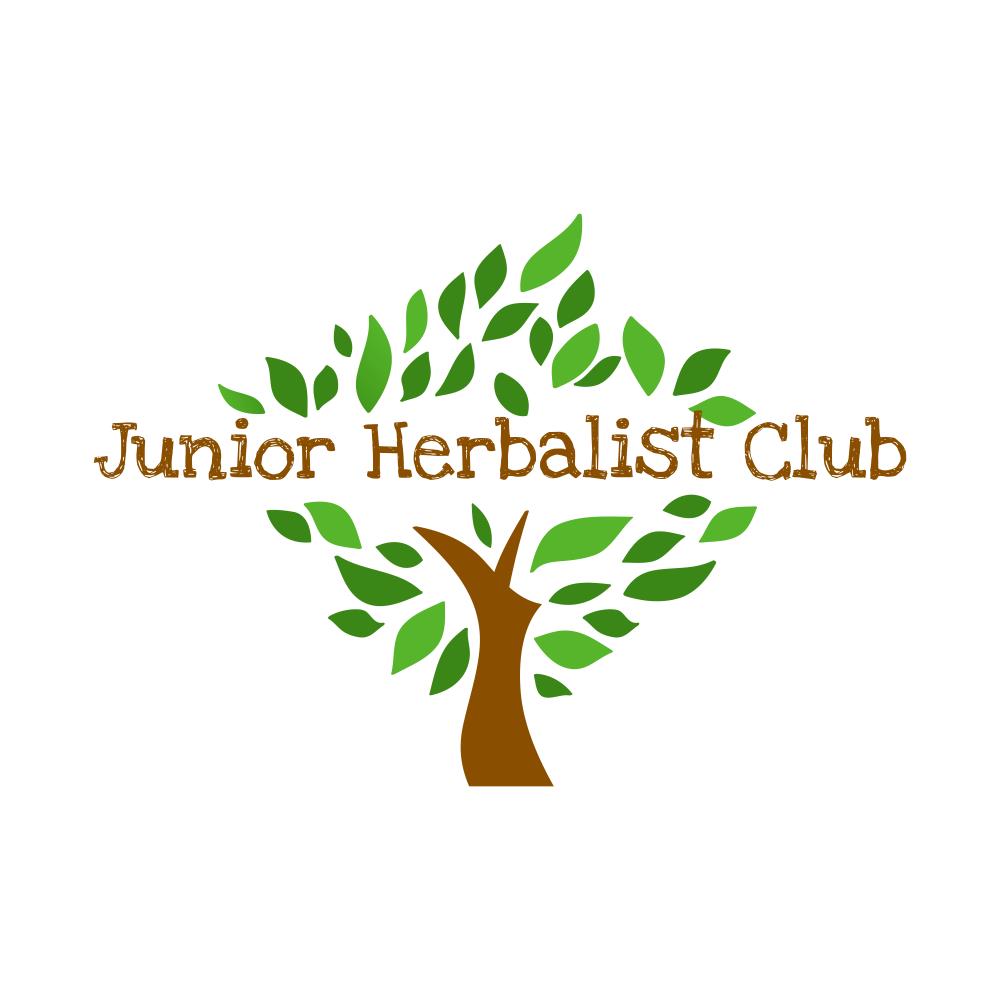
Clare Lewis BSc (Hons) MNIMH
Medical Herbalist
Mobile: 07415 112 184
email: clarebeth.lewis@gmail.com
| What is Herbal Medicine | The Herbal Consultation | Junior Herbalist Club | Herb Walks | NIMH | Contact Clare |
 |
Clare Lewis BSc (Hons) MNIMH Medical Herbalist |
|||||||
| in Ceredigion
Mobile: 07415 112 184 email: clarebeth.lewis@gmail.com |
||||||||
|
||||||||
 |
Junior Herbalist Club (JHC) was started in 2014 as a local scheme in Lancashire and proved so popular and successful that is has now grown into a network of clubs across the whole country. The National Institute of Medical Herbalists are delighted to be proud supporters of the scheme, and we are committed to encouraging and supporting medical herbalists to run a Junior Herbalist Club in their area, giving children nationwide the opportunity to develop knowledge and skills that will benefit themselves and others for a lifetime.Historically, the knowledge of hedgerow medicine was commonplace. Most people knew which plants they could gather and how to use them to treat minor injuries and ailments. Unfortunately, this knowledge is becoming lost, with very few people nowadays able to correctly identify and utilise our native common weeds or cultivated garden plants. Children are wonderful students, especially when it comes to herbs because they have no preconceived ideas of how a plant may work in the body or how it may be used for healing. It isnt only fruit and vegetables that can help to keep us healthy all plants, including herbs and weeds have importance and value in supporting our health. The aim of JHC is to let children learn about the healing and medicinal plants all around them in a safe and supervised environment, whilst covertly incorporating core subjects including English, Maths, Biology, Chemistry, Botany, Latin and Cookery, as well as helping children to gain in confidence, improve fine motor control and develop a new skill set. Each month the club focuses on one particular healing plant. Children are taught how to correctly identify the plant, about the origins of the plant name (both common and botanical names) and about the plants habitat and life cycle. Next, they look at the history and folklore surrounding the plant. This may include storytelling, songs and funny anecdotes. They then discuss the medicinal qualities of the plant, the primary constituents responsible for the healing activity, and the uses for the plant, both internally and externally. Children are encouraged to participate in the discussion, adding their own ideas and thoughts. By the end of the first year children will be able to: Correctly identify many of the common medicinal plants growing in their gardens, parks, hedgerows and streets and that they will be able to distinguish between poisonous and non-poisonous plants. In the second year, the tasks become more complex, building on the skill set developed in the first year and includes the children making marshmallows, syrups, lozenges, salves, creams and hydrosols.
Why join a Junior Herbalist Club? The aim of JHC is to let children learn about the healing and medicinal plants all around them in a safe and supervised environment. This includes: Identification and nomenclature of common herbs, weeds, plants and trees
All sessions are run by Clare, a qualified Medical Herbalist who has undergone specific training in order to be able to deliver this course (A list of approved course leaders is available at the NIMH Leader Register). Junior Herbalist Club meets once a month. Ten lessons are delivered over a year from September to July. At the end of the year the children are given certificates of attendance and a badge. JHC is aimed at children aged 7 and over. Children aged under 8 will require a parent or guardian stay with them during the class. Although children over 8 are able to be left with the course leader for each session, some children over the age of 8 may benefit from having a parent or guardian present during the class to assist as required.
Junior Herbalist Club 2025-2026 - Booking now Junior Herbalist Club is being run at Denmark Farm Conservation Centre, Betws Bledrws, Lampeter, Ceredigion SA48 8PB (www.denmarkfarm.org.uk). The club starts on Saturday 6th September, from 12pm to 1:30pm. Junior Herbalist Club meets on the first Saturday of the month, for 10 sessions. The cost for the year is £120 per child, payable in advance to secure your childs place. This covers all tuition and materials. Places are strictly limited and as this course is very popular, early booking is advised to avoid disappointment. Contact me for more details and to book at clarebeth.lewis@gmail.com. |